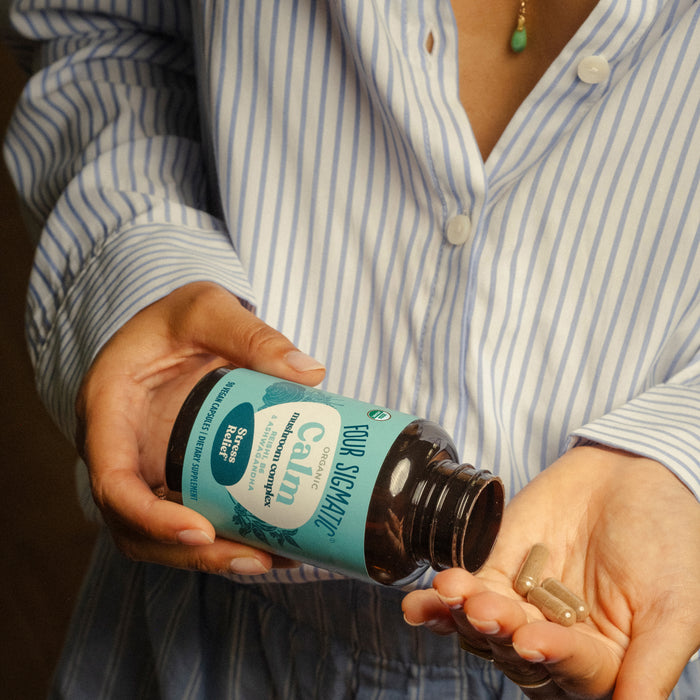That figure helps explain why Americans spend billions on sleep aids and remedies annually. In one Consumer Reports survey, 41% of people who reported using over-the-counter sleep medications had been taking them for a year or more, while 48% of this group admitted to using these sleeping pills multiple times a week[*].
That’s concerning because a variety of sleep aids have been shown to be addictive or habit-forming, and cause unpleasant side effects including burning or tingling in the extremities, digestive upset, dizziness, headaches, parasomnias (e.g. sleepwalking or sleep eating), heartburn, mental fogginess, physical weakness, erratic behavior, and, ironically, daytime drowsiness.
Those side effects probably sound even less appealing than tossing and turning all night. But that brings us back to square one: If you’re having trouble sleeping, how can you catch some ZZZs without harming your health?
What are some strategies for sleeping better?
Learn more from Tero (Four Sigmatic's founder) about the 6 steps how to become a sleep ninja and improve your sleep quality. Watch the video:
🎥 The 6 Belts of Sleep
Of course, if you’ve been struggling to get a good night’s sleep, the first thing to do is talk to your healthcare practitioner. You should not try any type of sleep aid without working directly with your doctor to find the best solution for you.
My goal with this article is to highlight some holistic strategies that help support sleep, so you can be informed before visiting your doctor, and then together make the best decision for you.
But first, let’s talk about what happens when you’re not sleeping enough or not getting restful sleep.
The consequences of not sleeping well
Adults should get a minimum of seven hours of sleep a night[*]. I personally need 7.5 hours, plus a 15–20 minute mid-day nap.
Do you get at least seven hours of sleep, but don’t feel rested, or wake up in the middle of the night frequently? See a doctor to make sure you don’t have a medical condition or sleep disorders that could be causing poor sleep. I’ve seen a lot of people in such high stress that even if they sleep seven or more hours, they wake up tired the next day because the quality of sleep is not there.
This is what high-quality sleep looks like:
-
Falling asleep in 30 minutes or less
-
Sleeping at least 85 percent of the time you’re in bed
-
Waking up no more than once per night
-
Being awake for 20 minutes or less after initially going to sleep[*]
Of course, when you don’t get that deep sleep during the night you’ll have daytime sleepiness and fatigue[*].
Sleep deprivation (lack of sleep) can also cause:
-
More irritable moods
-
Inability to think clearly
-
Reduced reaction time
-
Increased anxiety
-
Declined overall health
-
Risk of high blood pressure, heart disease, and diabetes
-
Car accidents[*]
That’s the bad news. The good news is there are possible solutions.
 Coffees
Coffees







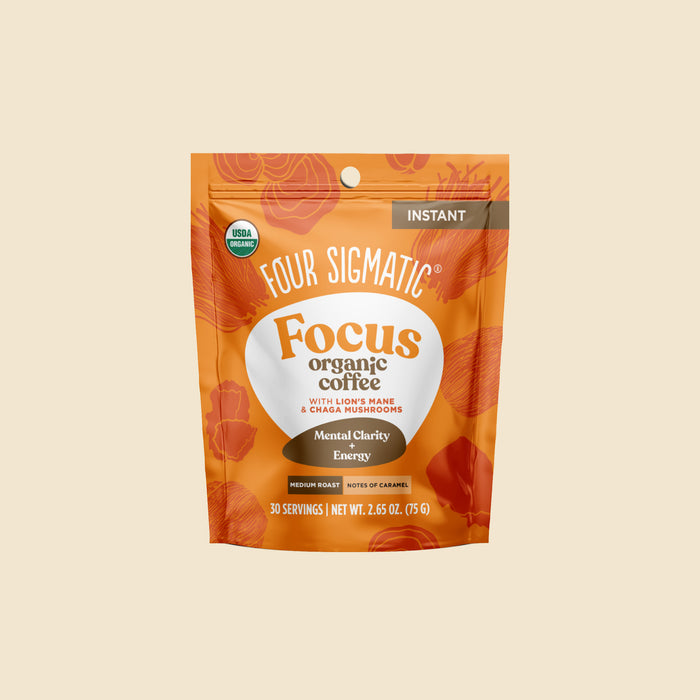



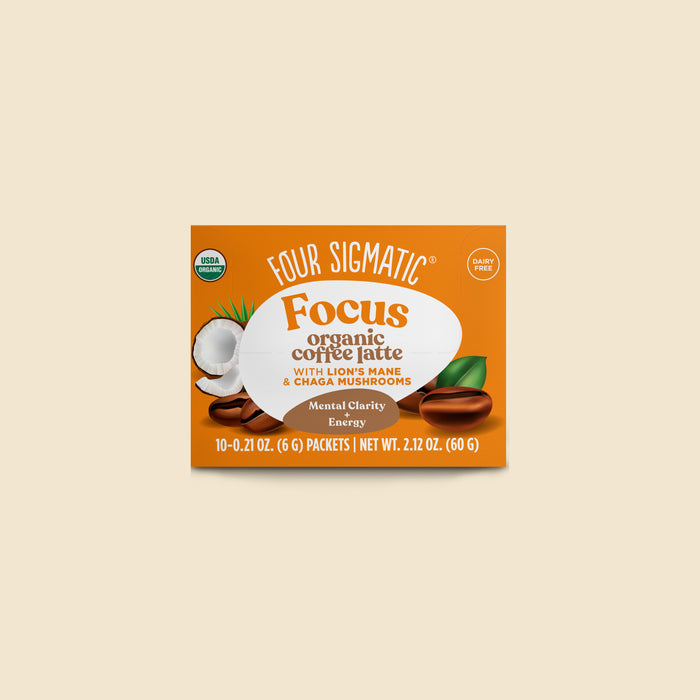
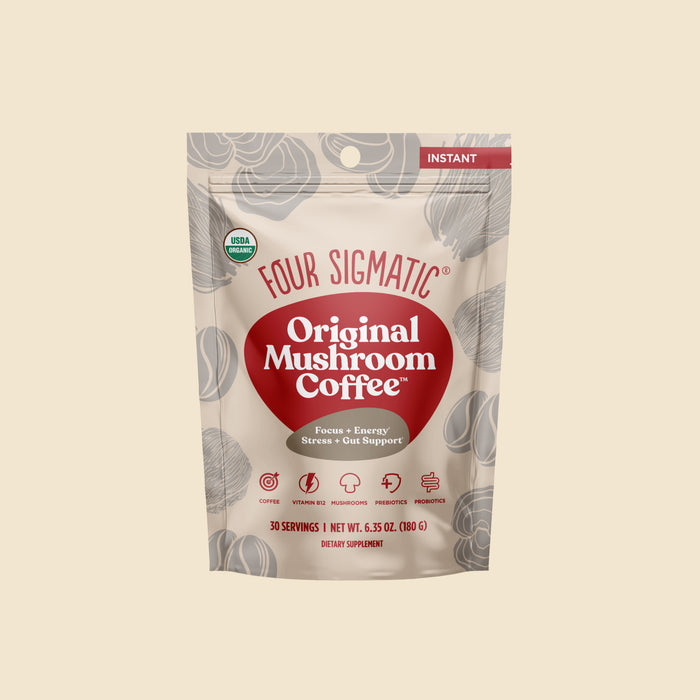

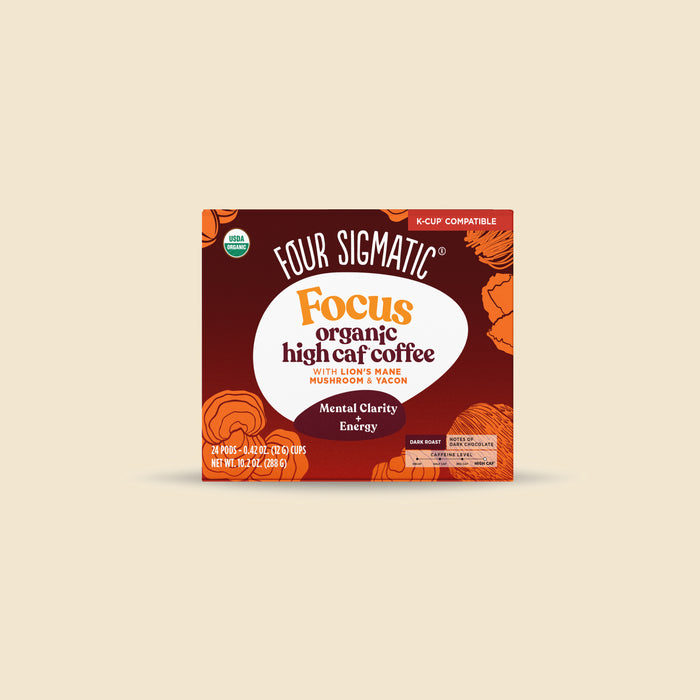

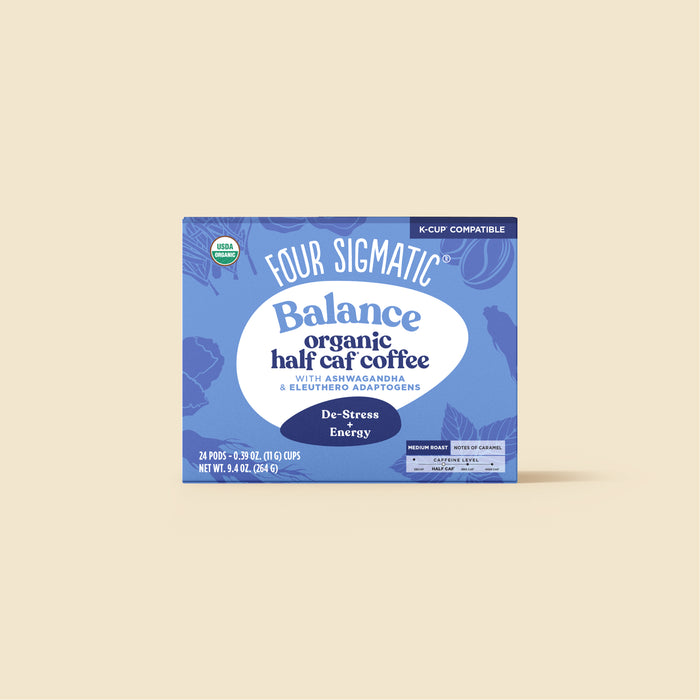
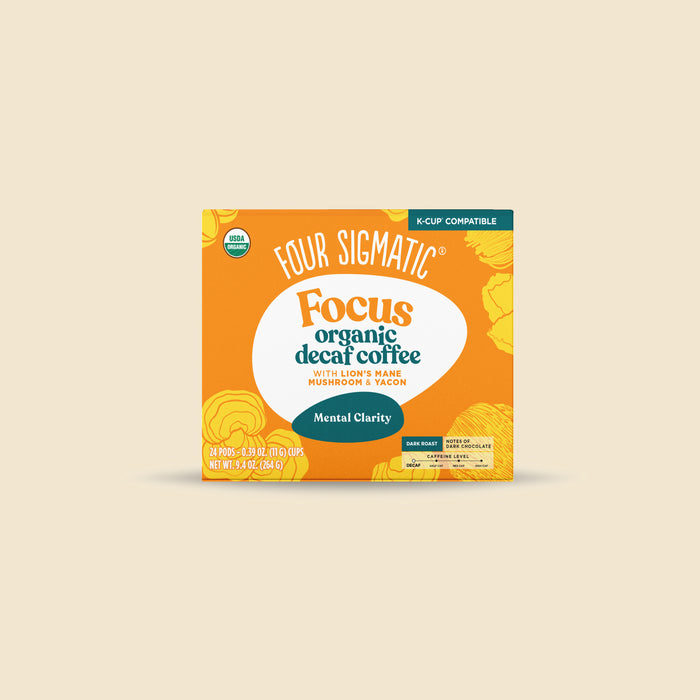




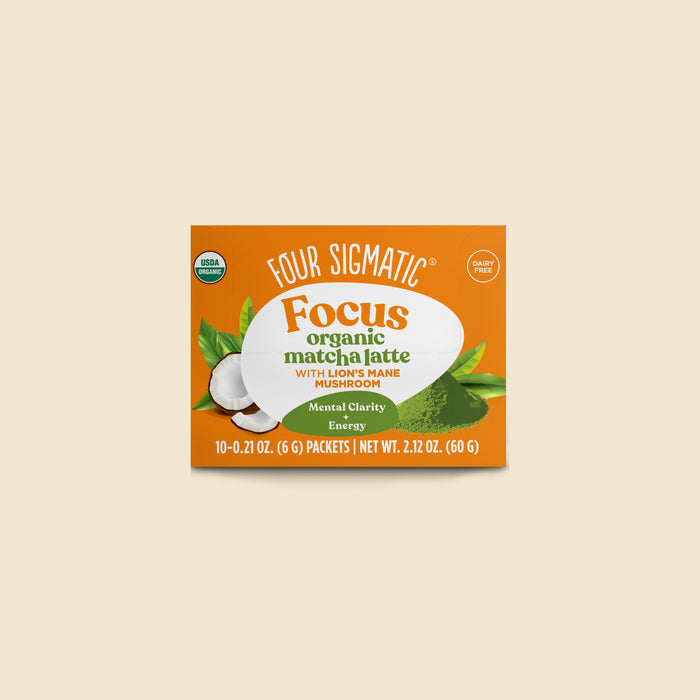
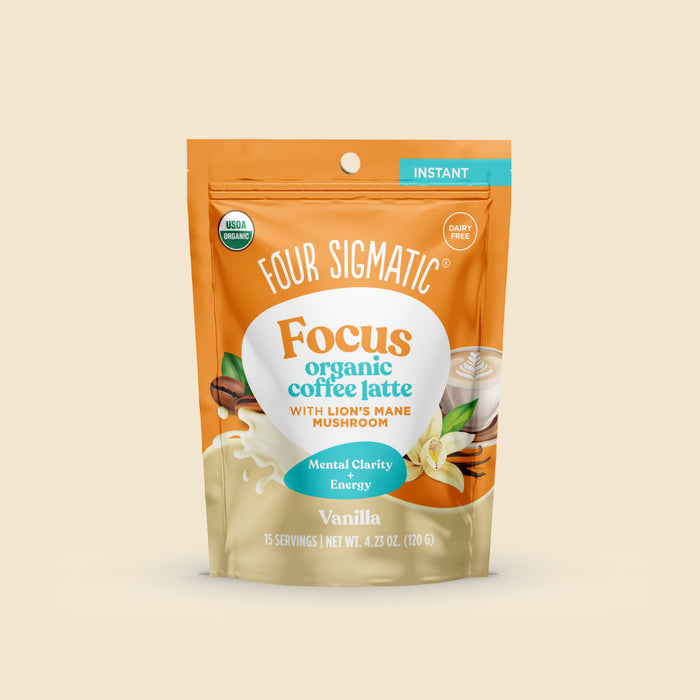
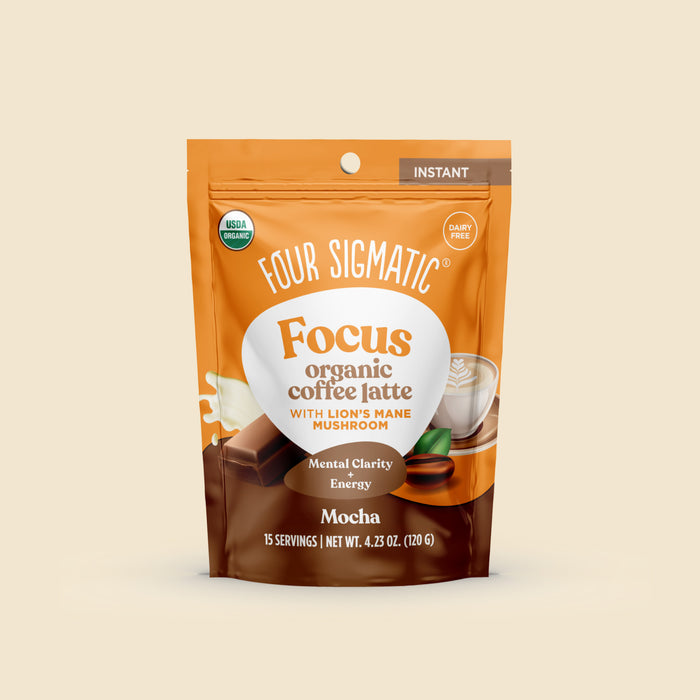
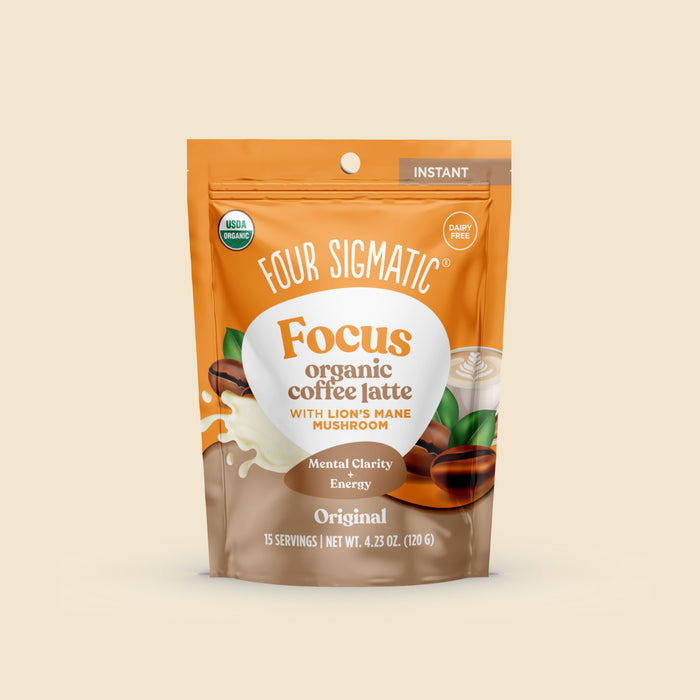
 Proteins
Proteins




 Supplements
Supplements
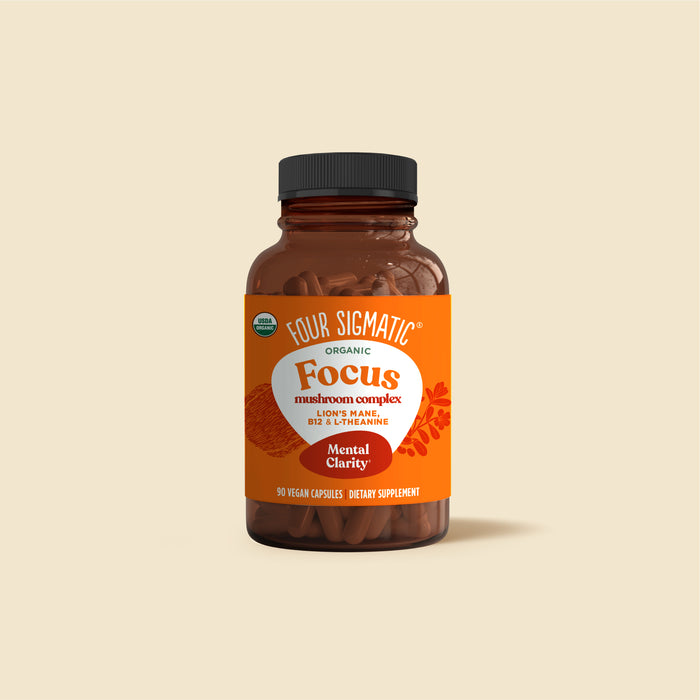


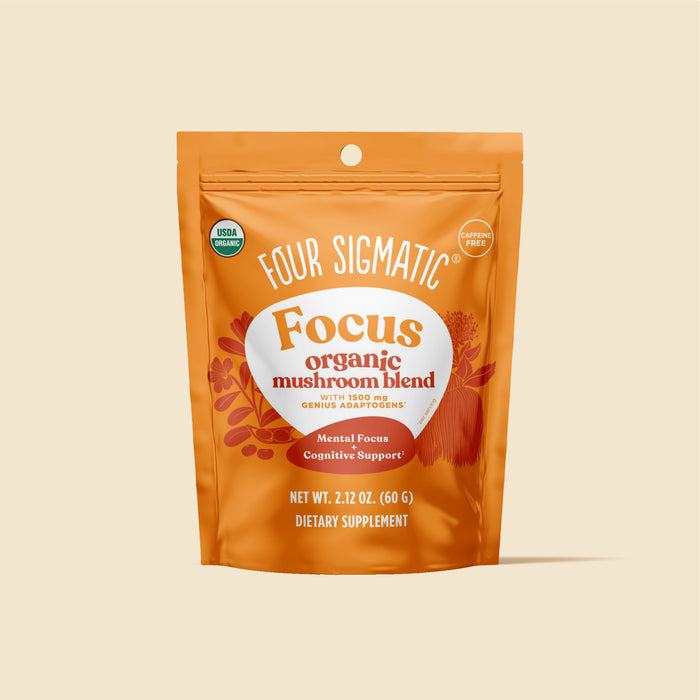




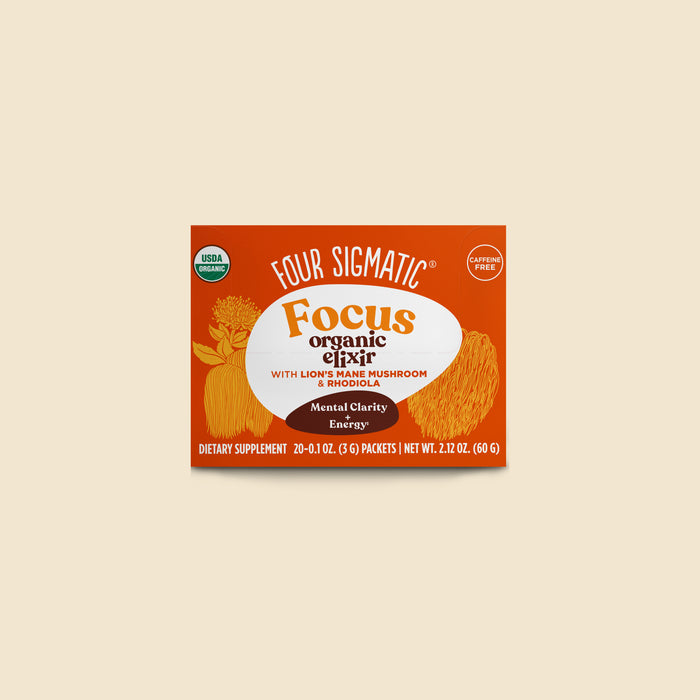
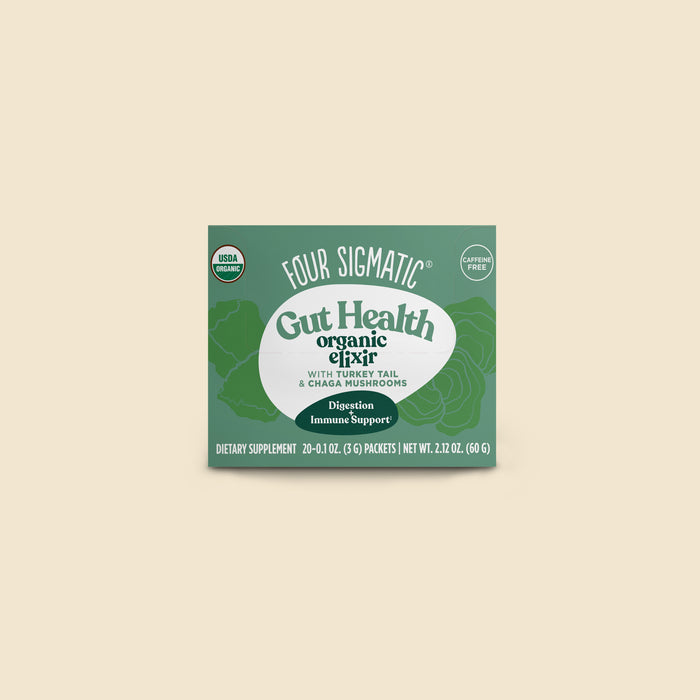
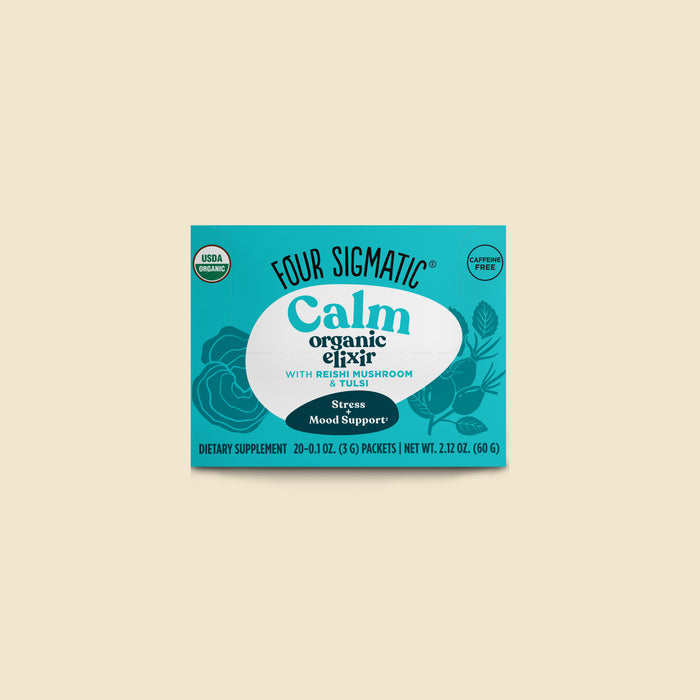





 Instant Teas
Instant Teas

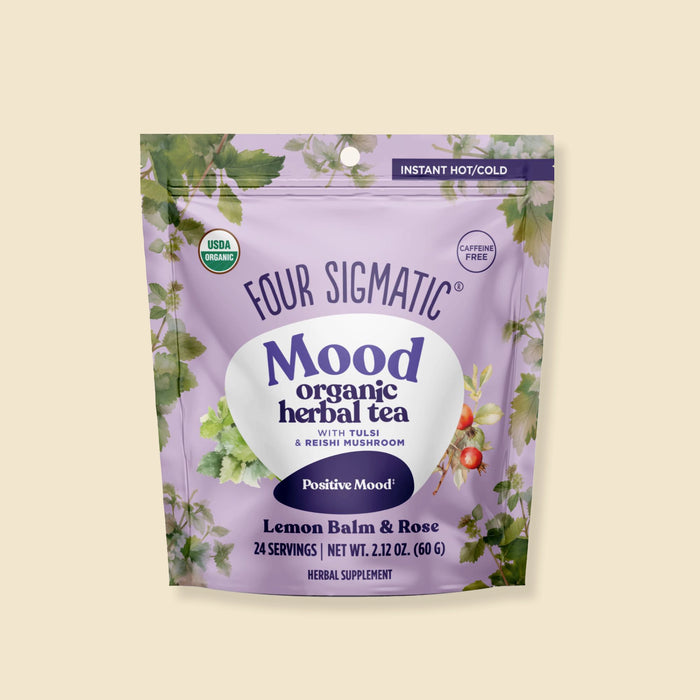
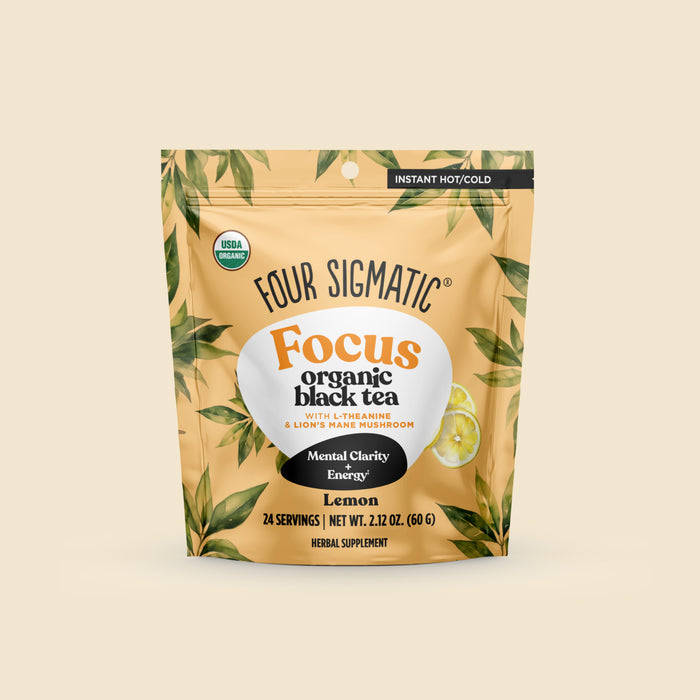

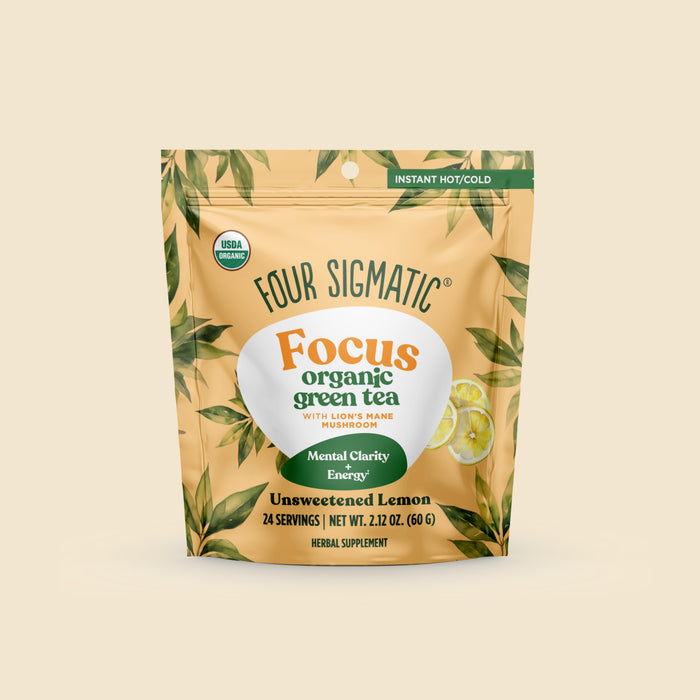

 NEW! Instant Coffee Lattes
NEW! Instant Coffee Lattes





